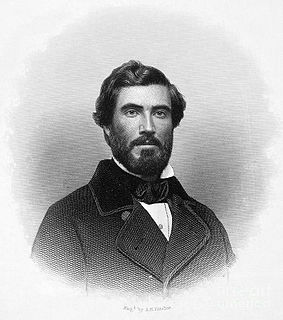A Quote by Ambrose Bierce
SATIRE, n. An obsolete kind of literary composition in which the vices and follies of the author's enemies were expounded with imperfect tenderness.
Related Quotes
I tell the truth and I don't try to sugarcoat things. But I also decided that if you don't use humor or satire, then it's just too dark all the time. And one of my favorite literary works is A Modest Proposal by Jonathan Swift. As you know, that was an enormously famous satire piece that was able to point out, you know, things to people in a different way. And I do believe that satire and humor can reveal truth in a way that sometimes doesn't get revealed through other means. And so I decided to, every now and then, use satire and humor as well.































